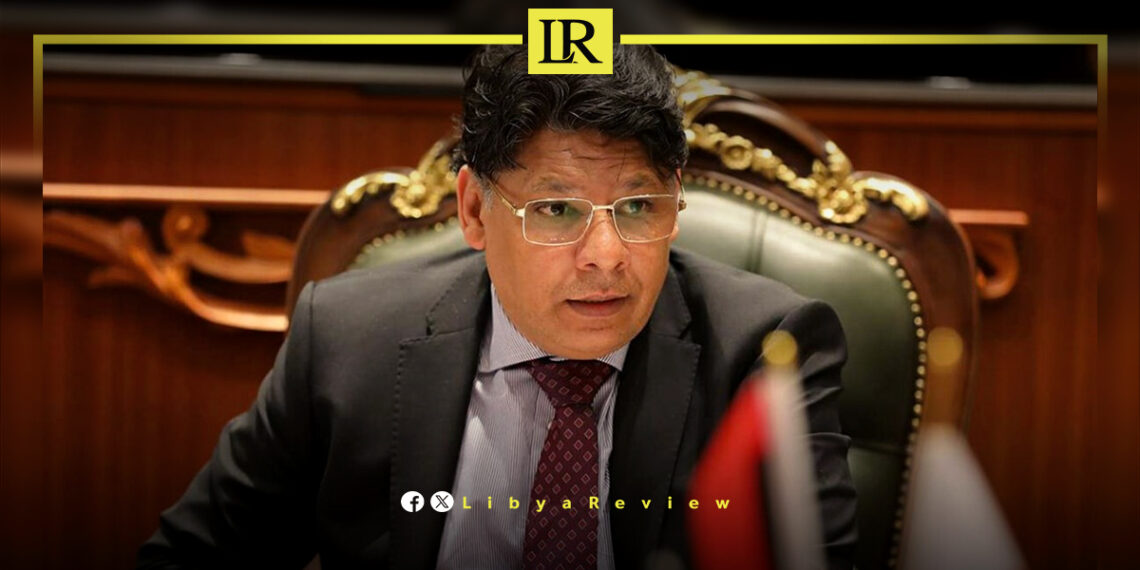On Saturday, Libya’s Attorney General, Al-Siddiq Al-Sour, ordered the arrest of an Egyptian national accused of forging Libyan citizenship documents, which allowed him to secure high-ranking positions within the Ministry of Health and the Ministry of Justice.
The suspect allegedly used his falsified status to advance his career, eventually becoming the Director of the Planning Department at the Ministry of Justice.
While in this role, the individual is accused of exploiting his position to embezzle 1.32 million Libyan dinars in exchange for facilitating service contracts. The investigation, launched by Libyan authorities, uncovered significant financial misconduct, leading to the arrest of the suspect and the initiation of legal proceedings.
This arrest marks a critical step in Libya’s ongoing efforts to combat corruption, particularly in its public institutions. Since the 2011 revolution, Libya has struggled with a lack of accountability in government ministries, leading to widespread misuse of public funds.
Corruption and abuse of power remain endemic in the country, with many public officials facing accusations of fraud and financial misconduct. This case, involving the falsification of citizenship documents, is particularly concerning, as it undermines the integrity of the nation’s government and public services.
For years, Libya has faced growing public dissatisfaction over the lack of transparency in its government institutions. The health and justice ministries, in particular, have been plagued by allegations of fraud, contract manipulation, and embezzlement.
Libya’s ongoing battle with corruption is a significant obstacle to its recovery from years of political instability and conflict.
The embezzlement of public funds, like the case involving the Egyptian national, diverts critical resources away from vital sectors such as healthcare and justice. These sectors are already under severe strain due to years of neglect, further compounded by financial mismanagement.


